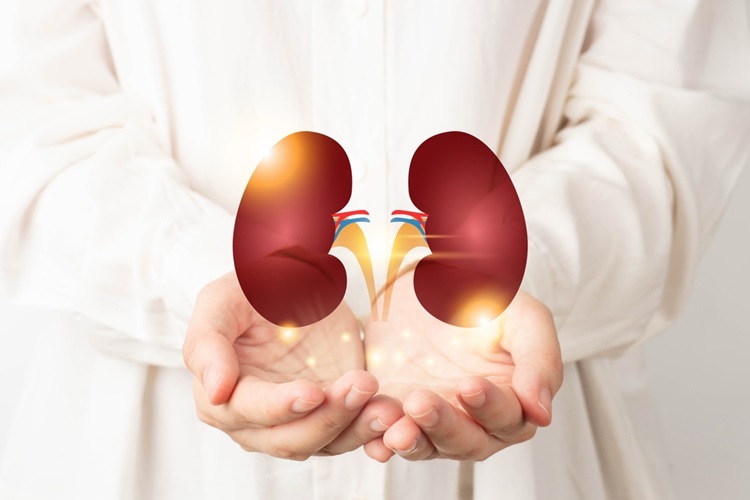How is Dialysis covered by health insurance in India
How is Dialysis covered by health insurance in India

While being alcoholic can be a big reason for someone’s kidney failure, there can also be a combination of factors, including diabetes, high blood pressure, and a family history of kidney disease, that can undermine someone’s renal health. Learning about kidney failure can be devastating news for a person and his/her family. An individual diagnosed with renal disease will need regular dialysis treatments. The problem is it is an expensive procedure that can quickly drain one’s financial resources. But can a policyholder depend on his/her health insurance policy to meet the medical expenses? Let’s delve deeper.
How much does dialysis cost per session?
The cost of dialysis depends on several factors, such as the type of dialysis procedure, location, the patient’s overall health condition, type of healthcare facility, etc. Typically, dialysis treatment costs in India can range from Rs 750 to Rs 3,000 per session and a person may require 2-3 sessions in a week.
Important factors regarding dialysis coverage
Some important factors you must consider while buying health insurance with dialysis coverage include –
1. Type of dialysis procedures:
Before buying health insurance, it’s crucial to know the types of dialysis procedures, the number of sessions required, the cost per session, etc., to ensure you have adequate financial protection in times of need. There are 2 types of dialysis procedures – Haemodialysis (HD) and Peritoneal dialysis. In Haemodialysis, a dialyser machine filters the blood and returns clean blood into the patient’s body. It is done 3 times a week, each session lasting three to four hours. The cost per session may range from Rs 150 in government hospitals to Rs 2,000 in private hospitals. Peritoneal dialysis is done 3-4 times a day and may cost around Rs 12,000-15,000 monthly. In this procedure, a solution is put in the patient’s abdomen, and the machine filters the blood. Haemodialysis is generally advised depending on a patient’s condition, so you must choose a health plan covering it and the related costs.
2. Miscellaneous Expenses:
Dialysis involves miscellaneous expenses you must be prepared for and ensure your critical illness insurance covers these costs. Apart from the session cost, the other expenses involved in the treatment include monthly lab tests, medications, consumables like needles, syringes, and other tools.
3. Network Hospitals:
Opt for an insurance provider with a wide network of hospitals so you can avail of cashless treatment at in-network hospitals. As dialysis is done frequently, the cashless claim facility is convenient as you do not have to pay anything upfront.
Additional benefits
Apart from treatment coverage for renal failure, look for health insurance plans that offer additional benefits like alternative treatments, ambulance charges, annual health check-ups, and organ donors. These benefits will reduce your financial burden significantly.
Conclusion
People with kidney failure have to undergo dialysis regularly, which can be 2-3 times a week. The treatment can go on for months, putting severe strain on your finances. This is where critical illness insurance can help cover dialysis treatment costs and other associated expenses. The standard health insurance cover may not be adequate and also it will reimburse only the actual expenses incurred. In case of critical illness cover, you will receive a lump sum compensation upon diagnosis of kidney failure. The amount can be utilised for medical and non-medical expenses, such as paying off debts, compensating lost income, funding children’s education, etc.
Disclaimer: The above information is for illustrative purposes only. For more details, please refer to the policy wordings and prospectus before concluding the sales.










 Health Insurance
Health Insurance  Travel Insurance
Travel Insurance  Car Insurance
Car Insurance  Cyber Insurance
Cyber Insurance  Critical Illness Insurance
Critical Illness Insurance
 Pet Insurance
Pet Insurance
 Bike/Two Wheeler Insurance
Bike/Two Wheeler Insurance  Home Insurance
Home Insurance  Third Party Vehicle Ins.
Third Party Vehicle Ins.  Tractor Insurance
Tractor Insurance  Goods Carrying Vehicle Ins.
Goods Carrying Vehicle Ins.  Passenger Carrying Vehicle Ins.
Passenger Carrying Vehicle Ins.  Compulsory Personal Accident Insurance
Compulsory Personal Accident Insurance  Travel Insurance
Travel Insurance  Rural
Rural 











